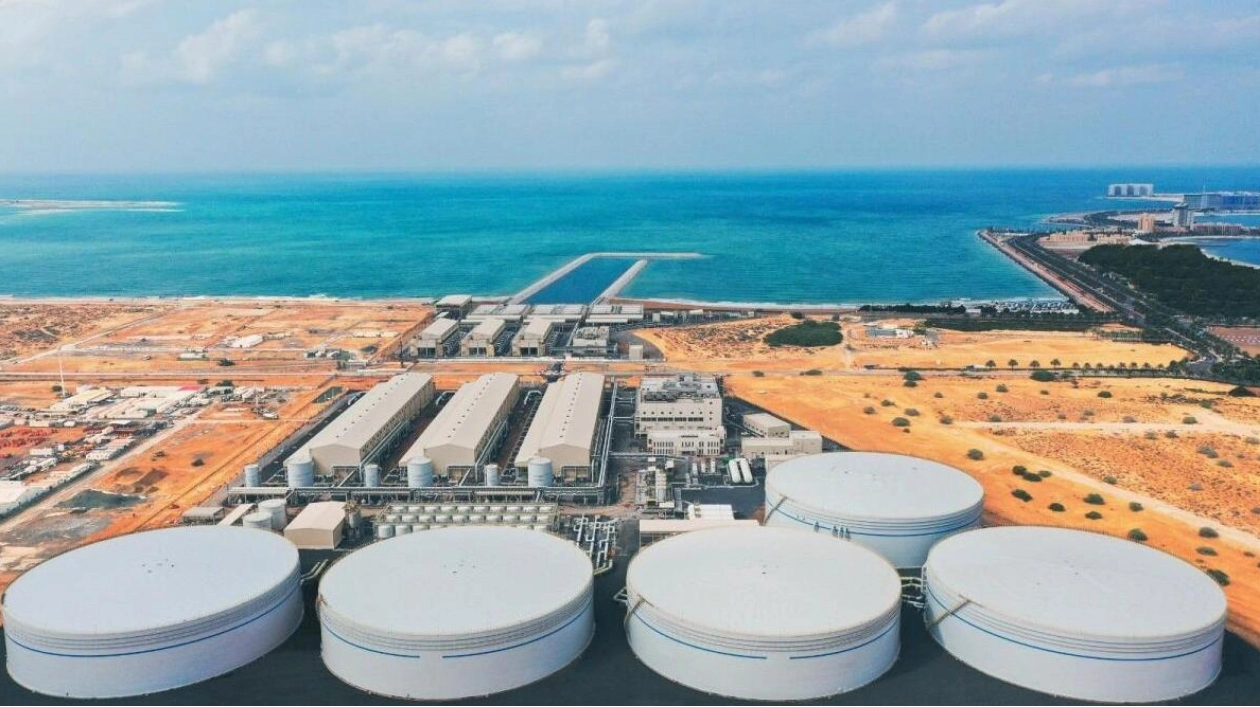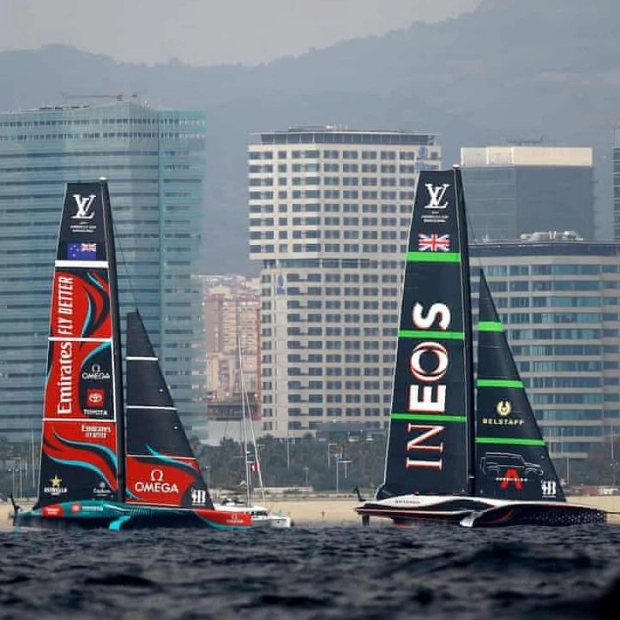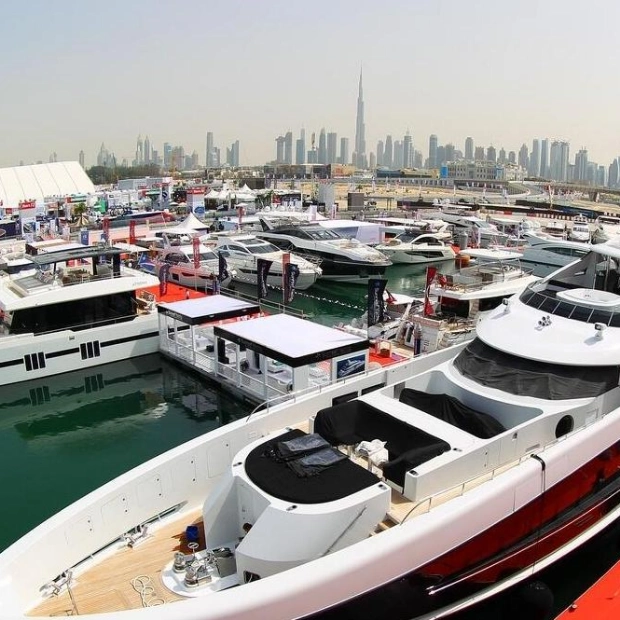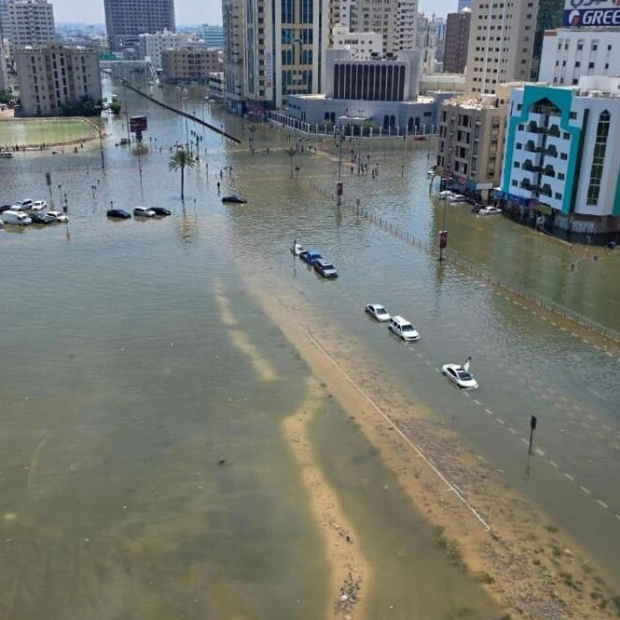Naqa’a, one of the largest desalination projects in the world utilizing seawater reverse osmosis (SWRO) technology, has the capacity to meet the water needs of approximately 2 million residents in the northern regions of the UAE, as stated by a senior official.
In a joint effort involving Etihad Water and Electricity, Mubadala, and Saudi Arabia's utilities developer ACWA Power, the mega project boasts a daily production capacity of 150 million gallons. The newly established plant in Umm Al Quwain also extends its distribution network to Ras Al Khaimah, Fujairah, Dibba Al Fujairah, Ajman, and Dhaid in Sharjah, ensuring a wide-reaching and reliable supply of potable water across these areas.
Eng. Yousif Al Ali, CEO of Etihad Water and Electricity, emphasized the strategic significance of Naqa’a, highlighting its role in meeting the escalating water demand. He underscored how a seawater desalination facility like Naqa’a provides a consistent and dependable source of freshwater, particularly in regions with limited natural sources, such as the UAE and the surrounding area. This, in turn, reduces dependency on groundwater sources and aids in meeting the needs of expanding populations.
Al Ali affirmed that the facility plays a pivotal role in realizing the leadership's vision for water security in the UAE and the objectives of the National Water Security Strategy 2036. Noting that Naqa’a was launched as part of the National Water Security 2036 strategy under the Water Supply Management Programme to establish a sustainable water resource for future generations, he confirmed the plant's capability to produce approximately 50 billion gallons of water annually, sufficient to cater to the needs of 2 million residents.
Highlighting the safety of the drinking water provided by the plant, Al Ali stressed its adherence to stringent quality procedures and standards. He assured that the water meets national requirements and complies with the drinking water specifications and standards outlined by the World Health Organisation (WHO). The CEO also highlighted the plant's eco-friendly approach, citing the SWRO technology's minimal energy usage compared to traditional desalination methods.
This environmentally conscious approach, Al Ali added, is crucial for long-term water security in the region. He underscored the role of innovative technologies such as variable frequency drive (VFD) and pressure exchanger (PX) in drastically reducing the plant's energy consumption and environmental impact. Additionally, Al Ali mentioned that Etihad Water and Electricity has implemented various initiatives to mitigate the environmental impact of constructing and operating the plant.
These efforts range from protecting indigenous plants, wildlife, and the local community to engaging in beach cleanup projects. Looking ahead, the company aims to pursue opportunities for technological upgrades and potential expansions to enhance the plant's outputs and accommodate rising production demands, demonstrating their commitment to efficient water management and future needs aligned with the national water security strategy.






